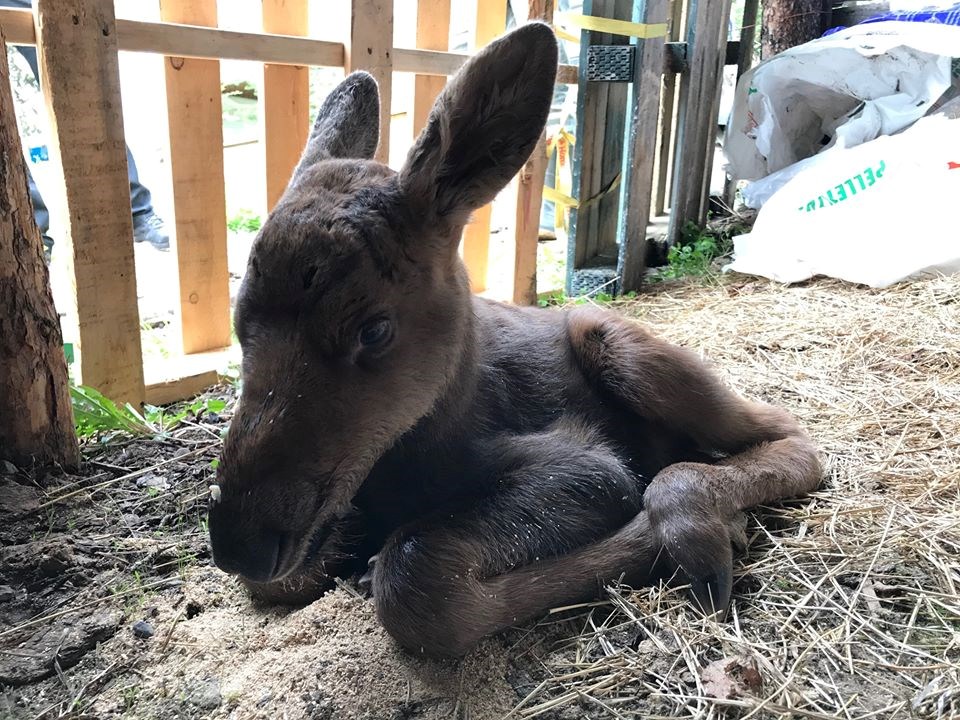The McLeod Lake Indian Band is calling for an end to a proposed moose calf hunt in the band's traditional territory.
The proposed hunt would see permits for up to 100 calf moose issued to hunters in the region, in an effort to help the southern mountain caribou population recovery, MLIB Deputy Chief Jayde Duranleau said.
"We support the province's efforts to help the caribou recovery. What we do not support is the killing of up to 100 baby moose," Duranleau said. "This experiment does not align with our traditional knowledge... or traditional law. We've been asking since 2017 for them to end this experiment."
Duranleau said the band wasn't convinced by the province's arguments for the hunt, and support other measures like culling the wolf population in specific areas of caribou habitat.
"We need (caribou) habitat restoration and enhancement," Duranleau said. "We need to look at all the contributing factors."
Duranleau said the band wants to ensure the region's hard-hit moose population is around for future generations. A provincial report in 2013 found the moose population was from 17 to 50 per cent less in certain areas of the Caribou and a 70 per cent decline was seen in the Skeena-Nass region.
Moose are a culturally important species for the McLeod Lake Indian Band, she said.
"For sustenance they're important," Duranleau said. "(And) we want to pass on our hunting and our traditional knowledge."
The NDP government committed itself to enact the United Nations Declaration on the Rights of Indigenous Peoples (UNDRIP), Duranleau said, but its actions in this case don't reflect that.
"We feel we are being forced to accept another colonial process that is detrimental to our self-governance, and our ability to apply our own Indigenous laws and stewardship over our unceded ancestral lands," Duranleau said. "We are prepared to continue to work with the B.C. government to determine the best options to help with caribou recover, but not if the process involves B.C. telling our nation how things will done in our territory. Those days are done."
A spokesperson for the Ministry of Forests, Lands, Natural Resource Operations and Rural Development said 44 antlerless moose were harvested in the Parsnip Caribou Recovery Area in 2020.
The ministry hasn't decided the number of Limited Entry Hunting permits that will be issued for the hunting season this year. Those decisions are expected to be made in early June.
"Limited entry hunt (LEH) authorizations for antlerless moose are concentrated in areas where they play an important role in protecting caribou from extinction. Stabilizing rising moose populations means fewer wolves, which is better for the caribou," the spokesperson said. "This plan is based on good science, supporting our conservation efforts towards mountain caribou. Government to government discussions are confidential; however the province works closely with Indigenous peoples throughout B.C. on any issues regarding the management of wildlife resources."
Any hunting of calf moose in the McLeod Lake area would be through limited numbers of LEH permits, or a general open season from Oct. 1 to Oct. 25 in the Parsnip Caribou Recovery Area, the spokesperson said.



